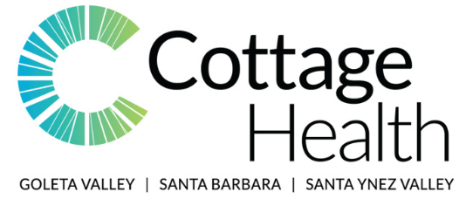 Sepsis is not an infection. It is not contagious. Sepsis is the body’s reaction to an infection.
Sepsis is not an infection. It is not contagious. Sepsis is the body’s reaction to an infection.
More than 1.5 million people in the United States develop sepsis each year, and at least 270,000 Americans die from sepsis annually.
Normally, the immune system fights and controls infections, but for unknown reasons, this process breaks down during sepsis. As sepsis progresses, the immune system stops fighting the infection and becomes overactive, which can lead to severe sepsis, and even septic shock.
This can result in irreversible tissue damage, organ failure, and even death. Like a stroke or heart attack, sepsis is a medical emergency that requires rapid diagnosis and treatment with fluids and antibiotics.
A person with an infection is diagnosed with sepsis based on a set of signs and symptoms – such as high or low temperature, cough, chest pain from pneumonia, frequent urinating from a urinary tract infection, or redness or pus at a wound.
Sepsis progresses to severe sepsis when there are signs of organ dysfunction, such as difficulty breathing, low or no urine output, abnormal liver tests, and changes in mental status. Nearly all patients with severe sepsis require treatment in an intensive care unit (ICU).
Septic shock, the most severe level of sepsis, develops when your blood pressure drops to dangerous levels and your organs stop functioning normally.
People who are at higher risk of contracting an infection or are considered “immunocompromised” are at higher risk of developing sepsis. These include the very young, the very old, those with chronic illnesses, and those with a weakened or impaired immune system.
If someone you know has a serious infection or is very sick with any sepsis symptoms, seek medical help right away. Take them to the nearest Emergency Department or call 911 and be sure to let them know you are concerned about sepsis.
On average, approximately 30% of patients diagnosed with severe sepsis do not survive. Up to 50% of survivors suffer from post-sepsis syndrome. Early detection and treatment are essential for survival and limiting disability for survivors.
The good news is most individuals fully recover. However, some may experience complications such as decreased cognitive and physical function, post-traumatic stress disorder, organ dysfunction, and amputations.
Be proactive to prevent sepsis. You can prevent infections by following public health guidelines: wash your hands frequently, clean common surfaces often, avoid shaking hands, and sneeze or cough into your elbow. Get all recommended vaccinations – including annual flu and Covid vaccines, clean scrapes and wounds, and don’t pop blisters.
Seek treatment if an infection becomes severe, and follow medical advice, including taking all prescribed antibiotics and antivirals.
Most importantly, know that Santa Barbara Cottage Hospital is recognized as a national leader in successfully treating sepsis. The hospital has achieved Sepsis Certification by the Joint Commission for improving the quality of patient care with more accurate assessments, standardized treatments, and reduced variabilities for sepsis management.
Robert S. Wright, MD, FACP, FCCP
Chair, Sepsis Committee
Santa Barbara Cottage Hospital
Maggie Cote, BSN, CCRN, Senior QI Specialist, Sepsis
Cottage Health
About Cottage Health cottagehealth.org — The not-for-profit Cottage Health is the leader in providing advanced medical care to the Central Coast region. Specialties include the Cottage Children’s Medical Center, Level 1 Trauma Center, Neuroscience Institute, Heart & Vascular Center, Center for Orthopedics, and Rehabilitation Hospital. The Cottage Health medical staff is comprised of more than 700 physicians, many with subspecialties typically found only at university medical centers. Last year, the Cottage Health hospitals in Goleta, Santa Barbara and Santa Ynez Valley provided inpatient care for 21,000 people, treated 80,000 patients through their 24-hour emergency departments and helped deliver 2,100 newborns. Cottage Health also offers Cottage Urgent Care Centers throughout the tri-counties, as well as 24-hour access to providers via Cottage Virtual Care, an online service for common conditions.
